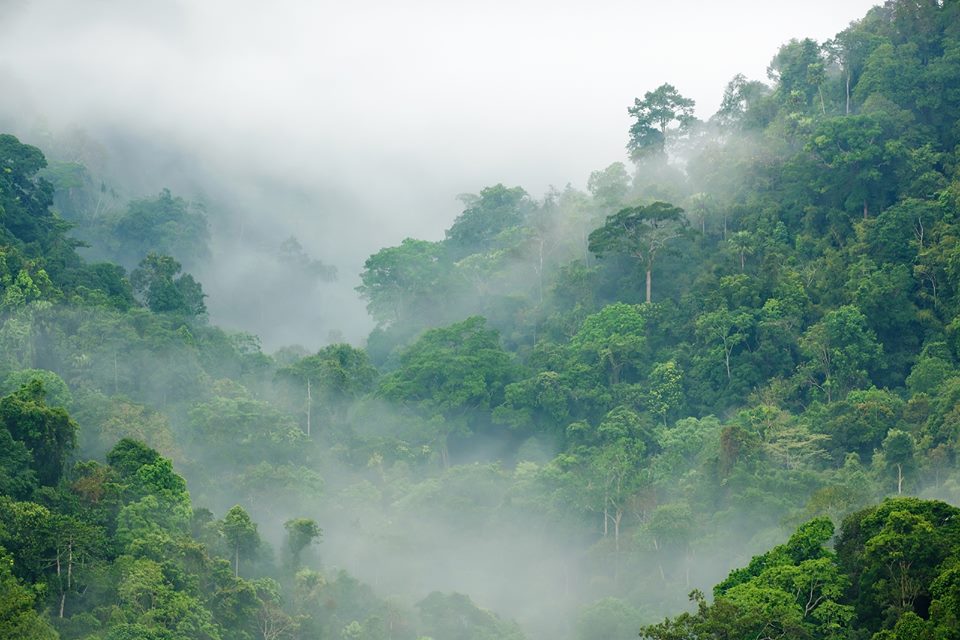Fanny Cornejo loves monkeys. Ten years ago, she actually spent five months living with yellow-tailed woolly monkeys in Peru.
No people. Just a tent, weekly supply drops, and steep mountains.
Which made following the fast-moving monkeys difficult. So difficult that in the beginning, Fanny would make desperate promises to the monkeys, pleading with them to just slow down a bit.
“Monkeys,” she would say, “if you let me follow you, if you let me study you, I will devote my life to work with you, to try to protect your environment, to try to conserve the rainforest that you’re living in.”
And that is exactly what Fanny has done. Today, she is Peru country director for the Rainforest Partnership, an Austin-based nonprofit organization that works to protect and regenerate tropical rainforests.
Fanny lives in Peru but she spent the past week visiting Austin and took the time to share her experiences as a rainforest conservationist in a presentation delivered on Wednesday night. (You can watch the entire thing below.)
During her presentation, Fanny said that when it comes to rainforests, we tend to think about animals. The jaguars. The frogs. The birds. The monkeys.
“However… it tends to not come naturally to us to think about people,” Fanny said, “and how people play a role in the Amazon. How they are living there and how they have been living there for many many millennia.”
Forgetting about people is a mistake Fanny explained, because the truth is, “conservation is about people.”
That’s why Fanny has dedicated her work in the rainforest not just to studying the monkeys, but to embracing community-based conservation. With the Rainforest Partnership, she works with rainforest communities, supporting them in developing sustainable livelihoods that empower and respect both people and nature.
“There is plenty of evidence that when you work with local people,” Fanny said, “and you make them stewards of their own landscape, they are going to be able to achieve the conservation goals that we have much more successfully than when we have a government just managing an area.”



